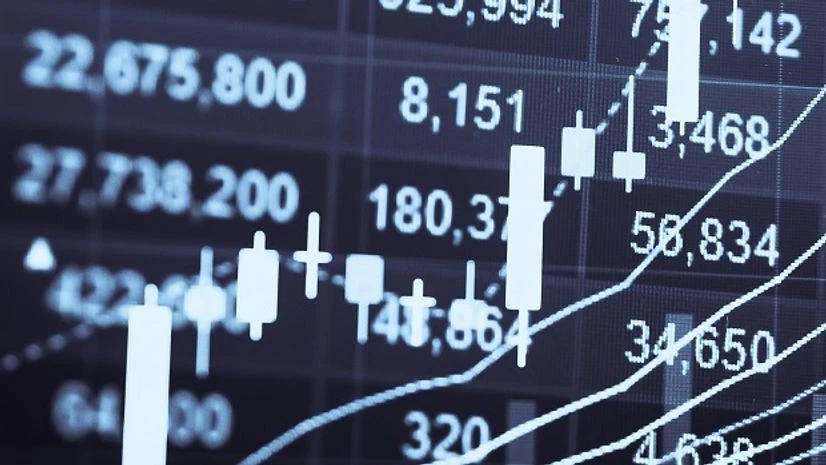By Lewis Krauskopf
NEW YORK (Reuters) - As U.S. stocks are hit with a bout of volatility, some investors are looking to European equities, attracted by lower valuations and the region's nascent emergence from the COVID-19 pandemic.
European equity funds have notched their longest streak of net inflows in more than three years, according to data from EPFR, while fund managers globally surveyed by BofA Global Research said they are more overweight European stocks than at any time since March 2018. Morgan Stanley's strategists, meanwhile, have named holding European stocks as one of their top trades.
The focus on Europe comes as the region's benchmarks have kept pace with their U.S. counterparts after years of underperformance. The STOXX 600 is up 10.7% year-to-date, broadly matching the S&P 500. The S&P 500 was off 1.7% from its record high as of Thursday, while the European index has slipped 0.8% from its peak.
"We have been more exposed to the U.S. over the past years and now we are becoming more interested in foreign equities," said Brent Schutte, chief investment strategist at Northwestern Mutual Wealth Management Company.
Investors see an opportunity as Europe's recovery begins to take root while the U.S. economic growth rate is expected to soon peak. European indexes are also more heavily weighted in the types of stocks expected to perform particularly well as the global economy bounces back, such as financials and industrials.
More From This Section
"Vaccinations are ticking up, you are likely to see restrictions come off and that should mean a decent economic recovery which will bleed into the markets in the euro zone," Schutte said.
After contracting in the first quarter, the euro zone's gross domestic product is expected to increase in the second quarter and post its fastest growth in the third, rising on an annualized basis by 9.2%, according to Oxford Economics. U.S. GDP, meanwhile, is expected to post its peak growth rate of 13.3% in the second quarter, after it expanded in the first quarter.
Meanwhile, nearly 48% of the U.S. population had received at least one vaccine dose as of Wednesday, compared with almost 28% of the European population, according to Our World in Data https://ourworldindata.org/covid-vaccinations.
"The story for the first few months of this year has been around U.S. exceptionalism," said Mona Mahajan, senior U.S. investment strategist at Allianz Global Investors. "As we look through to the next three to six months, that may fade a bit especially if Europe continues to play catch-up."
Many European stocks are also trading at relative discounts to their U.S. counterparts. The S&P 500 trades at nearly 21 times forward earnings compared with 16.7 times for the STOXX index, according to Refinitiv Datastream - a wider gap than on average over the past 10 years, although that difference has recently narrowed. Part of the gap stems from the fact that U.S. indexes are more heavily skewed towards tech and other growth stocks that tend to carry higher valuations. Those stocks have helped propel the U.S. stock market since the financial crisis a decade ago and helped push S&P 500 performance ahead of European markets, but could fall out of favor as rising bond yields and inflation fears cut into their valuations.
Several factors could complicate the decision to shift into European stocks. With tech and internet giants such as Apple and Amazon continuing to put up strong profits, investors may be reluctant to cut back on a trade that has worked for years.
As inflation worries have hit U.S. stocks in recent weeks, there are also some concerns about euro zone inflation, which is approaching 2%, its fastest rate in years.
Any setbacks to Europe's COVID-19 response and economic rebound also could undermine the case for equities there, investors said. So could a reversal in the dollar's recent weakening trend, which would hurt U.S. investors seeking to convert profits in their euro-denominated assets back into their home currency. The dollar is down about 4% against the euro since the start of April.
"The next move we make is probably going to be to decrease the U.S. and increase international just because of the forces that we are seeing in the market," said John Traynor, chief investment officer of People's United Wealth Management in Bridgeport, Connecticut.
But, Traynor added, "when the dollar is moving up, that hurts you if you're investing internationally."
(Reporting by Lewis Krauskopf; Editing by Ira Iosebashvili and Marguerita Choy)
(Only the headline and picture of this report may have been reworked by the Business Standard staff; the rest of the content is auto-generated from a syndicated feed.)

)
